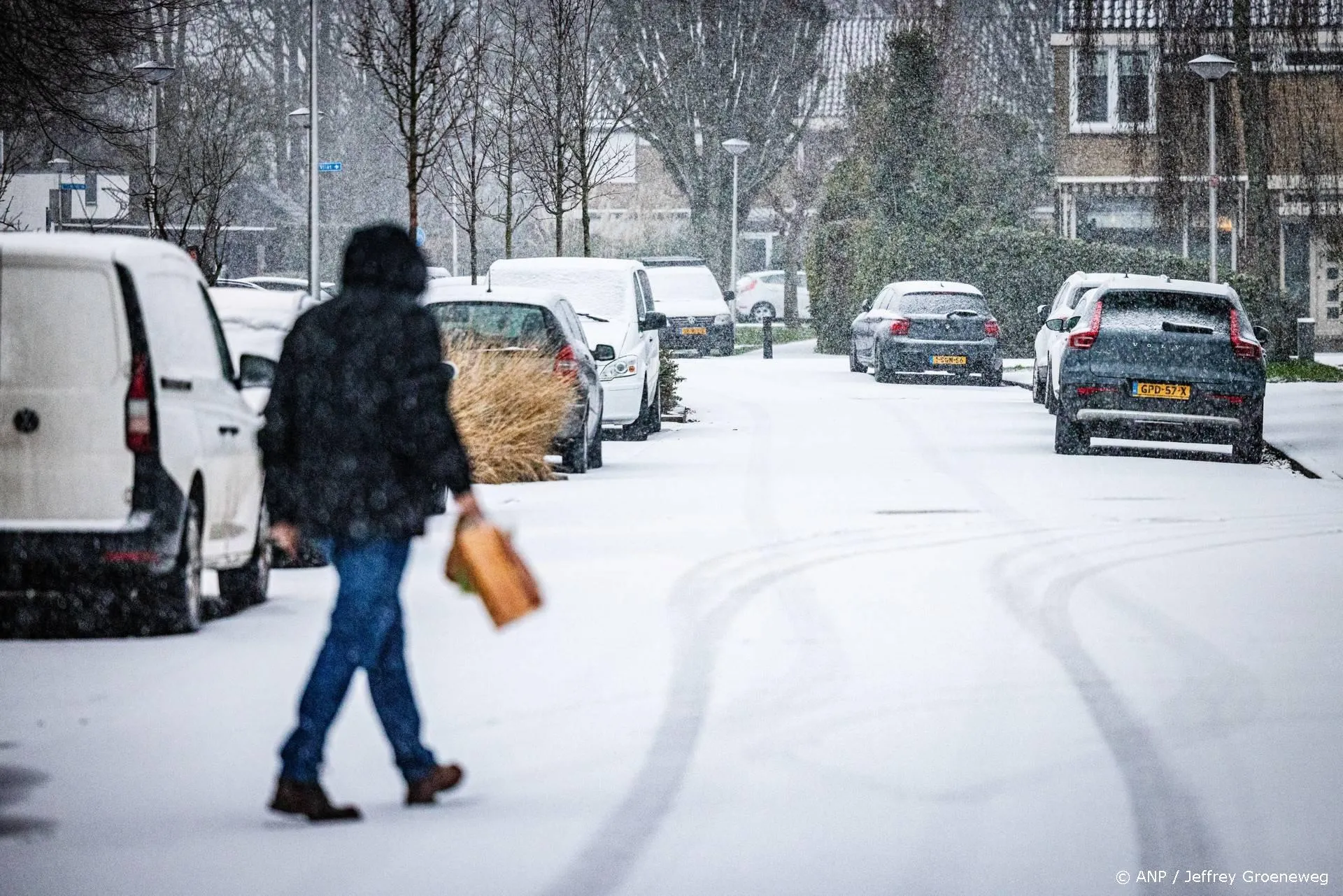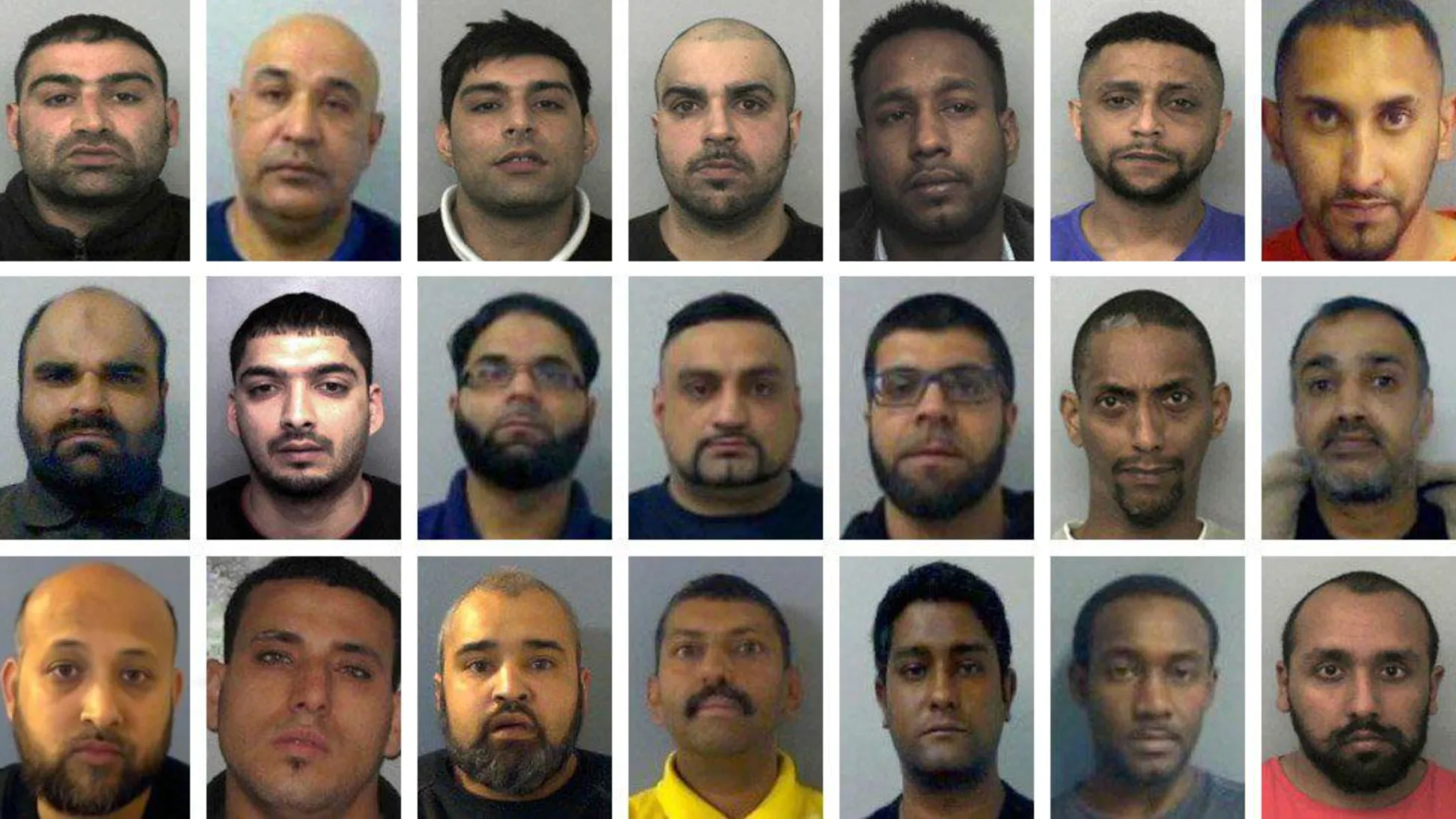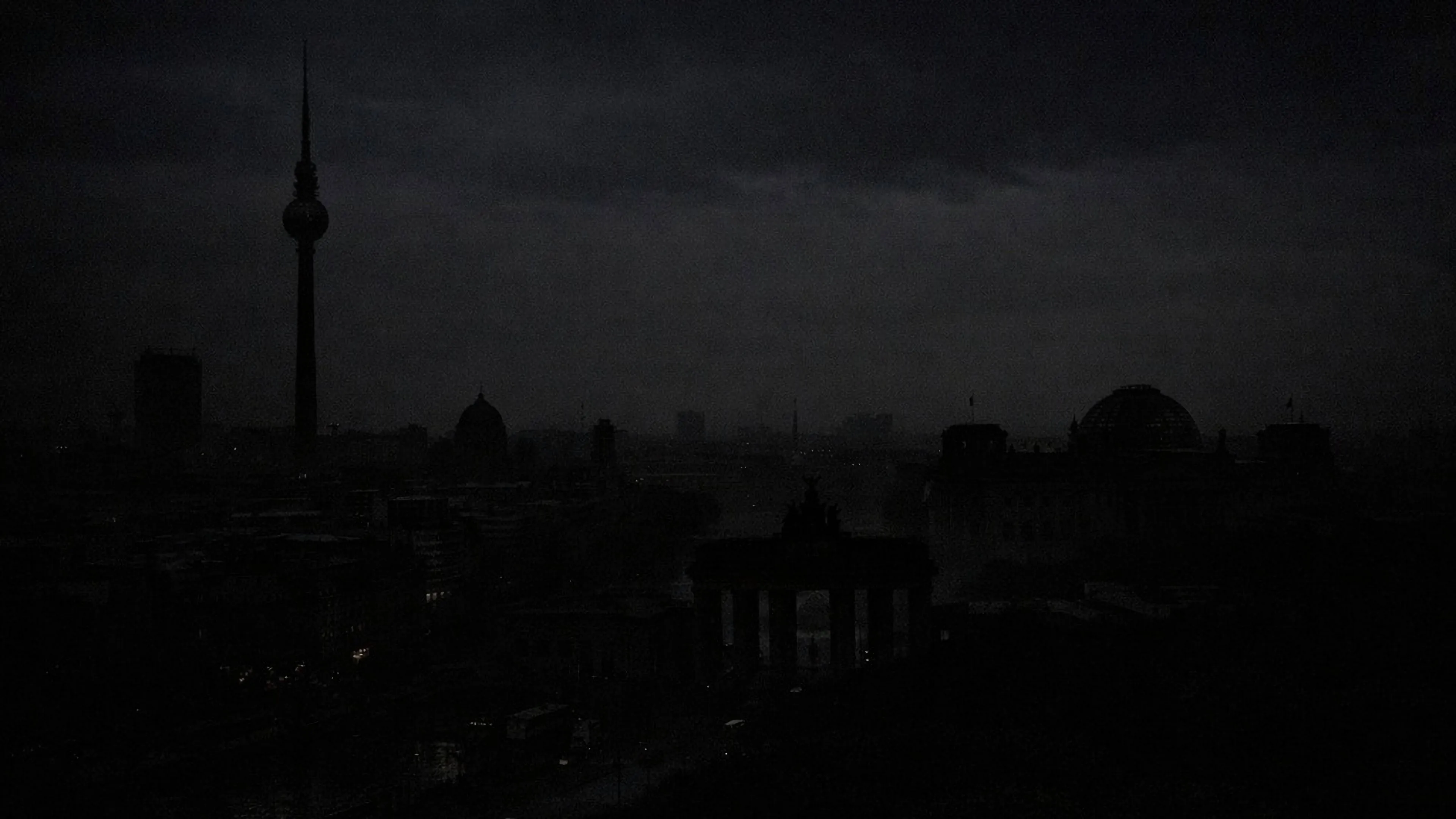Duitse windmolens draaien op diesel
Zoals bekend draaien windmolens niet op wind, maar op subsidies. In Duitsland draaien ze nu ook soms op diesel.
De ontwikkeling van windenergie in Duitsland bevat waardevolle lessen voor Nederland. In het bijzonder kunnen we daarvan leren hoe we verspilling van tientallen miljarden kunnen voorkomen.
Noord-Duitsland had gehoopt op een economische impuls door de investeringen in offshore windenergie. Maar de initiële boom wordt nu al weer door de gebruikelijk bust gevolgd. Er vallen op grote schaal ontslagen en bedrijven pakken hun koffers.
Onder de titel, 'Turbine Trouble: Ill Wind Blows for German Offshore Industry', schreef Michael Fröhlingsdorf in 'Der Spiegel'.
Only recently, the offshore wind industry was seen as an opportunity to regenerate Germany's coast. But amid changing political attitudes and spiraling costs, several companies are struggling to survive. Is the wind boom over before it even really began?
The new power plant 15 kilometers (9 miles) off the North Sea island of Borkum is a masterpiece of German engineering. In only 14 months, experts anchored dozens of giant rotors to the sea floor. The 150-meter (492-foot) wind turbines at the Riffgat offshore wind farm work perfectly.
Providing clean electricity to 120,000 households, Riffgat was expected to become a milestone of the federal government's shift away from nuclear power and toward green energy. But the dedication of the first commercial German wind farm in the North Sea on August 10 is set to be a low-key affair. Chancellor Angela Merkel cancelled her scheduled appearance. And Environment Minister Peter Altmaier and European Union Energy Commission Günther Oettinger, both members of Merkel's center-right Christian Democratic Union (CDU), have hesitated to accept the invitation from EWE, an energy company based in the northern German city of Oldenburg. [Noot HL: Dit kan worden opgevat als een teken van verminderde politieke belangstelling en mogelijk in de toekomst ook van vermindering van subsidiëring.]
The reason is that Riffgat has a cosmetic defect: the wind farm is still missing part of its power line to the mainland. For the time being, instead of producing energy, Riffgat is actually consuming it. To prevent the rotors from corroding in the salty air, they have to be supplied with electricity produced with diesel generators [sic].
Grid operator Tennet is responsible for the missing power line. The delay is costing EWE millions of euros, costs that will eventually be passed on to electricity customers. Instead of being a showcase project, Riffgat has become a symbol of the government's failed offshore wind policy.
The Germans invested in offshore wind farms because the wind blows constantly at sea and no land area is needed. But they were also keen to avoid spoiling the view from the North Sea resort islands, which is why Germany's wind farms, unlike those in England and Denmark, are not near the coast. But the solutions developed by engineers proved expensive. The public became increasingly skeptical as it saw its electricity bills going up, and politicians began discussing a cap on electricity prices.
The shift in the direction of political winds immediately affected the turbine builders. Several companies that were recruiting on a large scale only a few months ago are now laying people off. One company, Siag Nordseewerke, has filed for bankruptcy, and others could soon follow. The offshore boom has hardly begun, and yet it already seems to be over. .
There are several reasons for the industry's problems. Grid operator Tennet, which readily admits that it is underfinanced, has also failed to connect wind farms to the power grid on schedule in other locations. But the industry is mostly critical of the lack of investment security. Economics Minister Philipp Rösler, a member of the pro-business Free Democratic Party (FDP), and Environment Minister Altmaier announced plans for a cap on electricity prices in February. This could reduce the guaranteed feed-in tariffs for green energy in order to keep costs low for consumers. This alarmed the industry. Operators of offshore wind farms depend on sufficiently high electricity prices to refinance their investments.
"Although the cap on electricity prices was never approved, it made investors very anxious," says wind energy expert Meyer.
Lees verder hier.
Een ezel stoot zich in het gemeen geen tweemaal aan dezelfde steen. Het is te hopen dat de Nederlandse ezel van de Duitse ezel zal leren, zodat ons de overeenkomstige miljardenverliezen bespaard blijven. Maar er zijn vooralsnog geen aanwijzingen dat het de beleidskringen alhier lukt zich te bevrijden van hun obsessief-compulsieve cognitieve dissonantie.
Oh ja, nog even dit. Het effect van al die windenergie op de uitstoot van CO2 en het klimaat is onmeetbaar. Dus waar doen we het ook al weer voor?
Voor mijn eerdere DDS-bijdragen, zie hier.
Ga verder met lezen
Dit vind je misschien ook leuk
Laat mensen jouw mening weten
Lees ook
Loading


